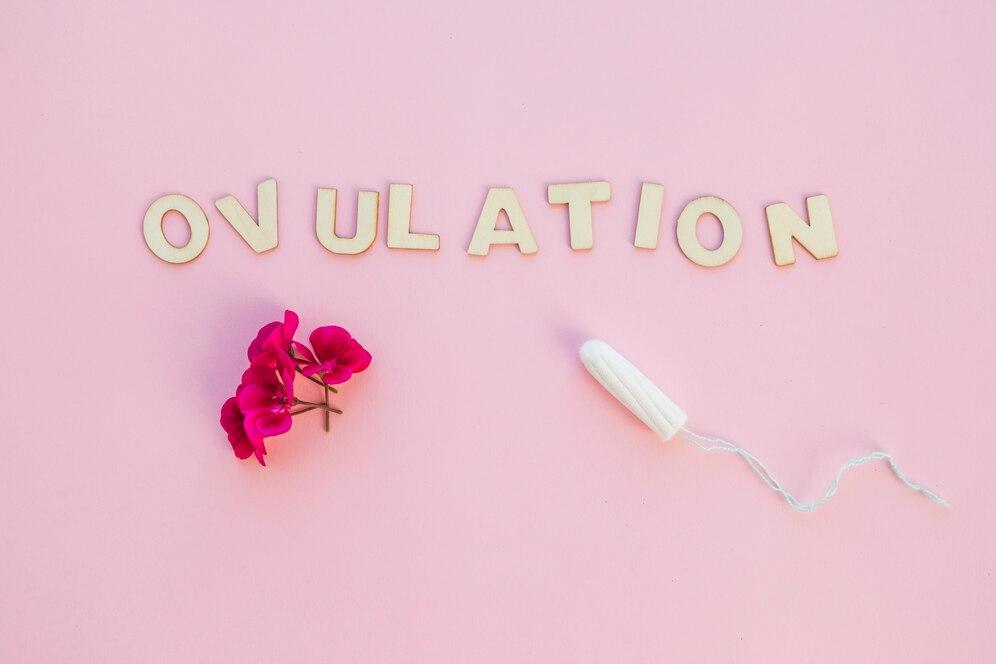Despite being a common issue, many find themselves navigating this challenge in silence. The discomfort, the physical toll, and the emotional stress it brings are often minimized or misunderstood. In this article, we will explore real stories from individuals living with heavy periods, backed by expert insights to help women understand the causes, implications, and solutions to this condition.
What Are Heavy Periods?
A normal menstrual cycle lasts between 21 and 35 days, and menstrual bleeding typically lasts between 3 to 7 days. However, when a woman experiences heavy menstrual bleeding—defined as losing more than 80 milliliters (about 5-6 tablespoons) of blood during a period—this condition can be classified as menorrhagia.
Menorrhagia can also be characterized by periods that last longer than seven days or are accompanied by severe cramping or pain.
A Note on Exercise
A Natural Way to Relieve Menstrual Discomfort Engaging in regular physical activity can help reduce painful cramps and promote better overall health.
Moderate exercise, such as walking, swimming, or yoga, helps increase blood circulation and releases endorphins, which act as natural painkillers.
Additionally, regular exercise can help regulate hormone levels, leading to more predictable menstrual cycles.
The Relationship Between Heavy Periods and Exercise
Maintaining a regular exercise routine is beneficial for physical and mental health. However, many women find that menorrhagia can disrupt their ability to stay active.
Engaging in exercise during menstruation may lead to concerns about leakage, discomfort, and fatigue. Yet, it is important to acknowledge that exercise can actually alleviate some menstrual symptoms, such as cramps and mood swings.
How best sanitary pads for heavy bleeding play a role in managing Heavy Periods?
Pads made for heavy bleeding have high absorbency levels, designed to handle large amounts of menstrual blood without leaking.
The best sanitary pads for heavy bleeding often use advanced materials like super absorbent polymers (SAP), which can trap moisture and prevent it from escaping. This reduces the risk of leakage, even during the night or while engaging in physical activities.
Polycystic Ovary Syndrome (PCOS), Blood Disorders and Other Factors
Women with PCOS often experience hormonal imbalances that disrupt normal ovulation, leading to irregular periods and sometimes heavy bleeding.
Conditions such as von Willebrand disease and platelet dysfunction can impair blood clotting, leading to excessive bleeding during menstruation.
Other possible causes include thyroid disorders, obesity, pelvic inflammatory disease, or the use of certain birth control methods. In some cases, no clear cause is found, and the condition may be classified as idiopathic menorrhagia.
What are the Tips for Exercising During Heavy Periods?
Understanding your menstrual cycle can help you anticipate when you may need to adjust your exercise routine. Keep track of your symptoms to identify patterns.
Invest in high-quality menstrual products designed for heavy flow, such as super-absorbent tampons or menstrual cups. These products can provide greater comfort and security during physical activity.
Dehydration can worsen fatigue. Drink plenty of water before, during, and after exercise to maintain energy levels and reduce bloating
Hormonal Imbalance, Uterine Fibroids and Endometriosis
An imbalance in hormones such as estrogen and progesterone can lead to thicker uterine lining. When this lining sheds, it results in excessive bleeding. Hormonal fluctuations are common in the early stages of menstruation and perimenopause.
Fibroids are non-cancerous tumors that grow in the uterus. These can lead to heavy menstrual bleeding, prolonged periods, and significant pain. Studies have shown that fibroids are one of the most common causes of menorrhagia in women.
Endometriosis occurs when tissue similar to the lining of the uterus grows outside of it. This condition causes intense pelvic pain and often leads to heavier periods.
Lifestyle Changes
In addition to medical treatments, adopting certain lifestyle changes can improve the severity of heavy periods.
Ensure adequate iron intake to combat anemia caused by blood loss. Exercise: Regular physical activity can improve circulation and hormone regulation.
Stress management techniques like meditation or yoga can help manage stress, which can exacerbate menstrual problems.
When to Seek Medical Advice?
While exercise can be beneficial, it is important to recognize when to consult a healthcare professional. If heavy periods persist or worsen, or if you experience symptoms such as severe pain or fatigue, it may be time to seek medical attention.
Conditions like uterine fibroids, polyps, or hormonal imbalances can often be managed with the help of a medical provider.
Conclusion
Heavy periods are more than just a physical inconvenience; they can take a significant toll on a woman's emotional and social well-being. Understanding the causes and implications of menorrhagia, combined with expert advice and real-life experiences, can help women navigate this challenge with more knowledge and support.
